- Learning time
- 5 minutes
- First play time
- 30 minutes
Facecards
Designed by: Leo Colovini
Facecards is a game is made up of a deck of cards that show faces in three categories (human, animal, or inanimate things that could be said to resemble a face)
At the start of the game, each player is dealt six cards. From your hand, you choose two faces that you think have a connection – they resemble each other visually, or have some thematic tie. One card is placed in front of you (face-down, for now) and its partner is shuffled into a mini-deck in the middle of the table made from all players ‘partners’ – along with an extra card from the deck as a red herring. Then all cards are revealed.
Going clockwise, everyone has one attempt to link a card from the middle of the table with its partner in front of another player (you can’t guess your own!). Succeed, and both the guesser and the owner of the cards get one point (or two points, if the pair cross categories – human and inanimate, for instance). Fail, and your turn ends.
After each player has had a turn, hands are replenished up to six cards, the starting player moves clockwise and a new round begins. After everyone has taken a turn as the starting player, the game is over – most points wins.
The guru's verdict
-
Take That!
Take That!
None.
-
Fidget Factor!
Fidget Factor!
Hugely variable depending who's playing. Facecards can be played at a real lick, but some players may want to take their time in considering their options.
-
Brain Burn!
Brain Burn!
Almost none whatsoever.
-
Again Again!
Again Again!
We've found that sadly Facecards doesn't stand up to repeat visits - familiarity with the cards seems to suck the joy out of the game and the initial experience - which is great fun, to be fair - starts to pall slightly.

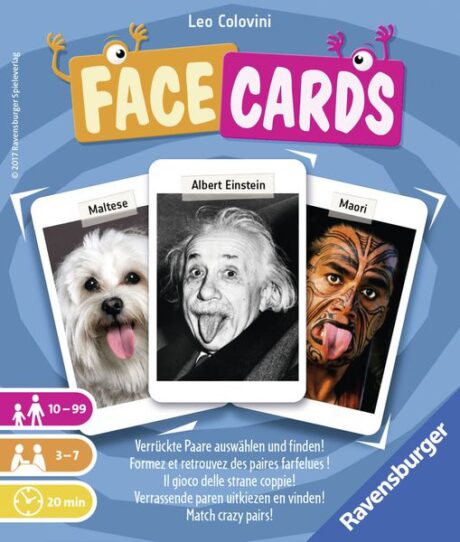
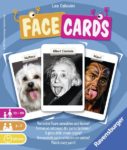
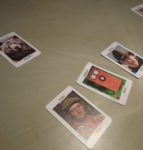

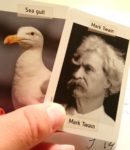

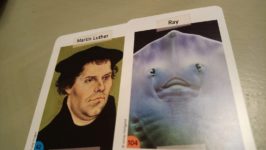


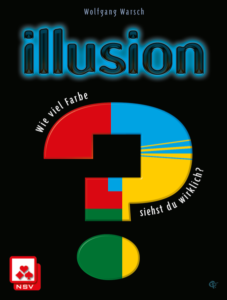
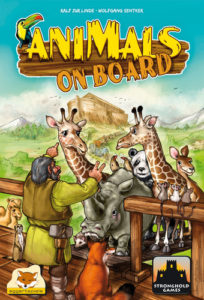
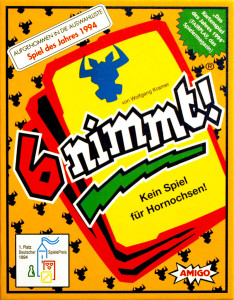
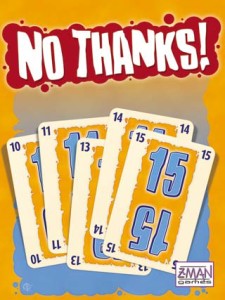
Sam says
Facecards is easy to teach, simple to play, and for the right crowd tremendous fun (caveats below), as well as fascinating to see how a connection blatantly obvious to one person can sail over the heads of everyone else. The fact connections aren't necessarily visual gives it surprising depth too - maybe if nothing looks the same as the scientist card, I should be looking for thematically-sciencey connections? Two quibbles however - one small one is that for a silly game, it can sometimes go on for rather longer than you'd anticipate (our games regularly clocked 40 minutes). The more major reservation is that after a few plays you start to recognise all the faces on the cards, and at that point the hilarity of those initial visits starts, unfortunately, to ebb away. It's a shame because the first time we played it everyone completely fell in love with the game.